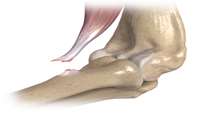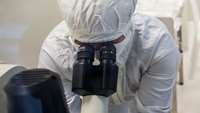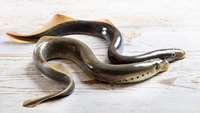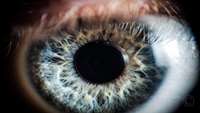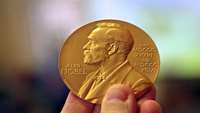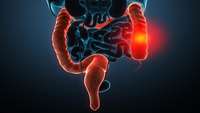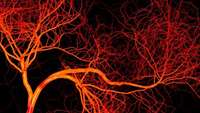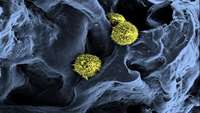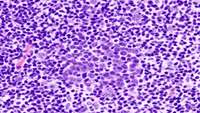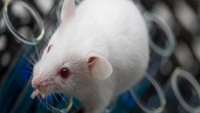Advances with platelet rich plasma therapies for tendon regeneration
PRPs can be used in the management of tendinopathy if we improve our understanding of pathophysiology and to integrate molecular knowledge about PRP participation in healing mechanisms.
Chinas Great Leap into Biotech
China wants to go big on biotech and already is marching into experimental gene therapy.
MBL scientists find lamprey genes that aid spinal healing are present in humans
Many of the genes involved in the natural repair of the injured spinal cord of the lamprey are also active in the repair of the peripheral nervous system in mammals, according to a study by a collaborative group of scientists at the Marine Biological Laboratory and other institutions.
Scientists in China regenerate lens in human eye
In March 2016, it was revealed that a stem-cell therapy had given 12 Chinese infants suffering from cataracts the ability to see clearly (H. Lin et al. Nature 531, 323–328; 2016).
Crispr: Scientists hopes to win Nobel prize for gene-editing technique
There are no prizes for coming second, at least no Nobel prizes which is why everyone’s eyes will be on Stockholm next week when the greatest accolades in science will be announced.
Cleveland Clinic researcher earns $2.6 million grant to understand colorectal cancer disease development
The National Cancer Institute has awarded Cleveland Clinic a collaborative $2.6 million grant to create models of colorectal cancer that will enhance understanding of how the disease develops and spreads, according to a news release.
Long-lasting blood vessel repair in animals via stem cells
Stem cell researchers at Emory University School of Medicine have made an advance toward having a long-lasting "repair caulk" for blood vessels. The research could form the basis of a treatment for peripheral artery disease, derived from a patients own cells. Their results were recently published in the journal Circulation.
Bone Marrow Models to Study Blood and Musculoskeletal Disorders
Both, blood and bone of human beings have the potential to regenerate. This capacity is owed to multipotent stem cells that can differentiate into various cell types: Hematopoietic stem cells (HSCs) are precursors of all cell types of the blood; mesenchymal stem cells (MSCs) are precursor cells of the connective tissue and may differentiate to bone, cartilage, and muscle cells.
Axicabtagene Ciloleucel CAR T-Cell Therapy in Refractory Large B-Cell Lymphoma
In a phase 1 trial, axicabtagene ciloleucel (axi-cel), an autologous anti-CD19 chimeric antigen receptor (CAR) T-cell therapy, showed efficacy in patients with refractory large B-cell lymphoma after the failure of conventional therapy.
Mouse model of human immune system inadequate for stem cell studies
A type of mouse widely used to assess how the human immune system responds to transplanted stem cells does not reflect what is likely to occur in patients, according to a study by researchers at the Stanford University School of Medicine.


